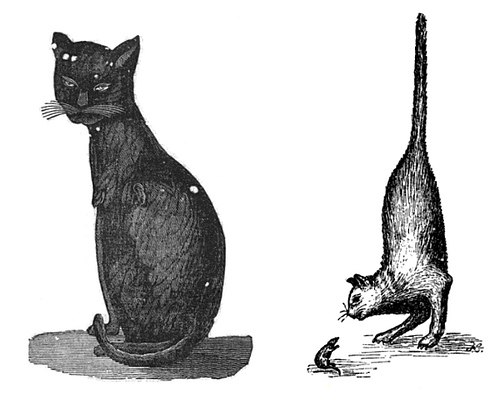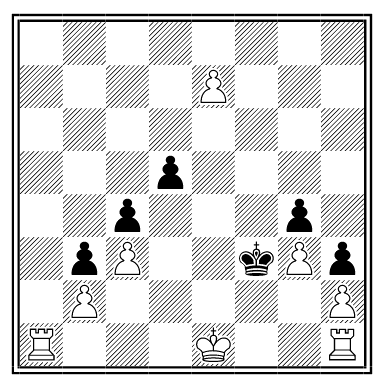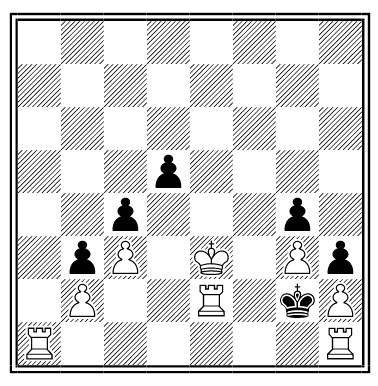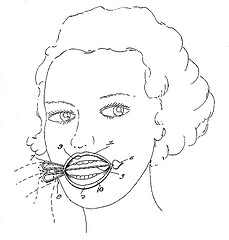In 1922, Ernest Hemingway’s wife lost a suitcase full of his early manuscripts at the Gare de Lyons as she was traveling to meet him in Geneva. It was never recovered.
In 1919, T.E. Lawrence misplaced his briefcase while changing trains at Reading railway station. It had contained the first eight books of Seven Pillars of Wisdom. He, too, had to start again.
In 1835, when Thomas Carlyle had finished writing the first volume in his history of the French Revolution, he loaned the manuscript to John Stuart Mill, seeking his opinion. Mill’s maid mistook it for trash and burned it.
“I remember and can still remember less of it than of anything I ever wrote with such toil,” Carlyle wrote in his journal. After laboriously rewriting the volume, he said he felt like a man who had “nearly killed himself accomplishing zero.”





